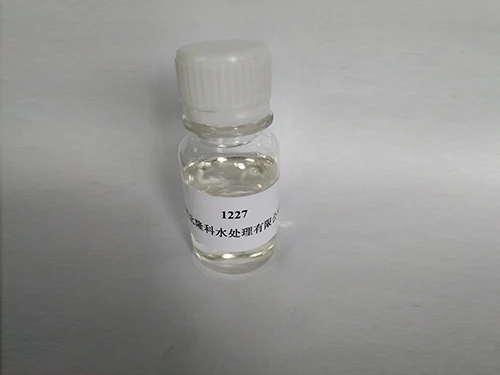poly aluminum chloride water treatment
Poly Aluminum Chloride in Water Treatment An Overview
Water treatment is a crucial process for ensuring safe and clean drinking water for communities around the world. Among various chemicals used in this process, Poly Aluminum Chloride (PAC) has gained substantial attention due to its effectiveness and efficiency in treating water. This article discusses the properties, applications, and benefits of using poly aluminum chloride in water treatment.
What is Poly Aluminum Chloride?
Poly Aluminum Chloride is a high-performance coagulant that is widely used in the water treatment industry. It is an inorganic polymer, composed of aluminum ions and chloride ions, and is often produced in a liquid or powdered form. PAC is characterized by its polymeric nature, which allows it to form larger flocs when mixed with water. These flocs can trap impurities, making it easier to remove them from the water.
Mechanism of Action
The water treatment process typically involves three steps coagulation, flocculation, and sedimentation. During coagulation, PAC is added to the water, where it neutralizes the charges on suspended particles, allowing them to aggregate into larger clusters, or flocs. In the subsequent flocculation phase, these flocs are mixed gently to promote further aggregation. Finally, in the sedimentation phase, the larger flocs settle to the bottom of the treatment tank, enabling the clear water to be separated from the sludge.
Applications in Water Treatment
PAC is utilized in various water treatment applications, including
1. Drinking Water Treatment PAC is effective in removing turbidity, color, and organic matter from raw water sources, ensuring the production of clean and safe drinking water. Its rapid coagulation properties allow for quick processing, making it suitable for both small and large-scale water treatment plants.
2. Wastewater Treatment In wastewater treatment, PAC aids in the removal of suspended solids and colloidal particles that are typically present in industrial effluents. This not only helps in meeting regulatory compliance but also improves the overall quality of the effluent before discharge.
poly aluminum chloride water treatment

3. Sludge Reduction PAC can also help in reducing the volume of sludge produced during the treatment processes. The formation of larger flocs means that more contaminants are removed during the sedimentation stage, leading to a more compact and manageable sludge output.
Advantages of Poly Aluminum Chloride
Using PAC in water treatment offers several advantages
1. High Efficiency PAC is known for its high coagulation efficiency, even at low doses compared to traditional coagulants like aluminum sulfate. This translates to a more cost-effective solution in the long run.
2. Wider pH Range PAC is effective across a wider pH range, making it versatile for different types of water sources. This flexibility allows water treatment facilities to adapt to varying water quality conditions.
3. Lower Residuals The use of PAC leads to fewer residuals in treated water, which minimizes the risk of chemical buildup in the environment. This is particularly important for maintaining the quality of water bodies receiving treated effluents.
4. Improved Settling The larger flocs produced through PAC treatment settle faster than those formed by other coagulants, resulting in quicker processing times and reduced footprint requirements for treatment plants.
Conclusion
Poly Aluminum Chloride is a valuable asset in the field of water treatment. Its unique properties and advantages make it a preferred choice for many municipalities and industries looking to improve their water quality processes. As the demand for clean and safe water continues to grow, the role of PAC and other advanced coagulants will likely become increasingly important in addressing global water challenges. By leveraging the capabilities of modern water treatment technologies, we can work towards ensuring access to safe drinking water for all.
-
Water Treatment with Flocculant Water TreatmentNewsJun.12,2025
-
Polymaleic AnhydrideNewsJun.12,2025
-
Polyaspartic AcidNewsJun.12,2025
-
Enhance Industrial Processes with IsothiazolinonesNewsJun.12,2025
-
Enhance Industrial Processes with PBTCA SolutionsNewsJun.12,2025
-
Dodecyldimethylbenzylammonium Chloride SolutionsNewsJun.12,2025





